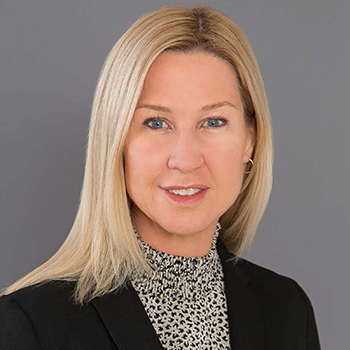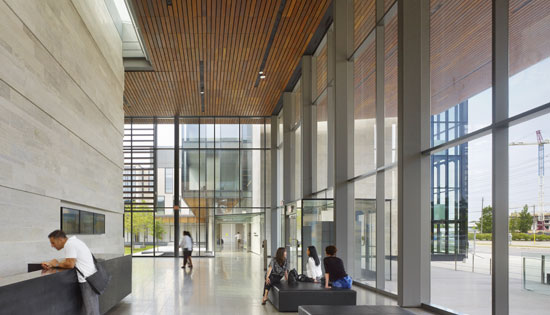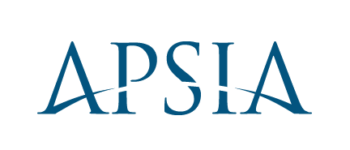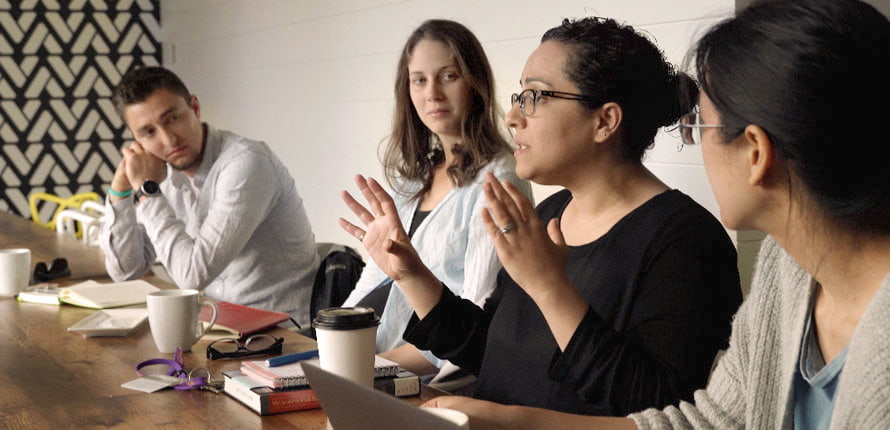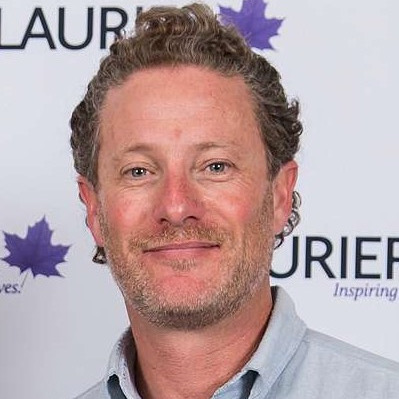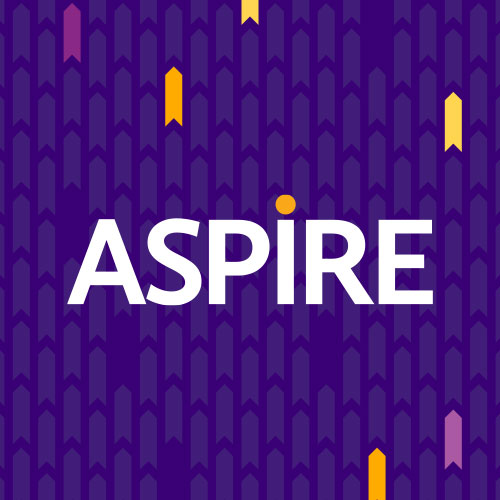Alison Blay-Palmer
Professor
UNESCO Chair on Food, Biodiversity and Sustainability Studies
Winnie Chan
Instructor
Simon Dalby
Professor (Retired)
Timothy Donais
Associate Professor
Alistair Edgar
Associate Professor
Associate Dean, School of International Policy and Governance
Nick Garside
Instructor
Patricia Goff
Associate Professor
Jeff Grischow
Associate Professor
Derek Hall
Associate Professor
Jenna Hennebry
Associate Professor
Ken Jackson
Associate Professor
Jurek Konieczny
Professor
Alex Latta
Associate Professor
Terrence Levesque
Professor (Retired)
Colleen Loomis
Associate Professor
Sara Matthews
Associate Professor
Audra Mitchell
Professor
Canada Research Chair in Global Political Ecology
Kim Rygiel
Associate Professor
Co-Director, International Migration Research Centre
Pierre Siklos
Professor (Retired)
Debora VanNijnatten
Associate Professor
Margaret Walton-Roberts
Professor
Alan Whiteside
Professor (Retired)
Randall Wigle
Professor Emeritus
Stacey Wilson-Forsberg
Associate Professor
Co-Director, PhD in Global Governance
Director, Master of International Public Policy
Carrie Wright
Instructor






